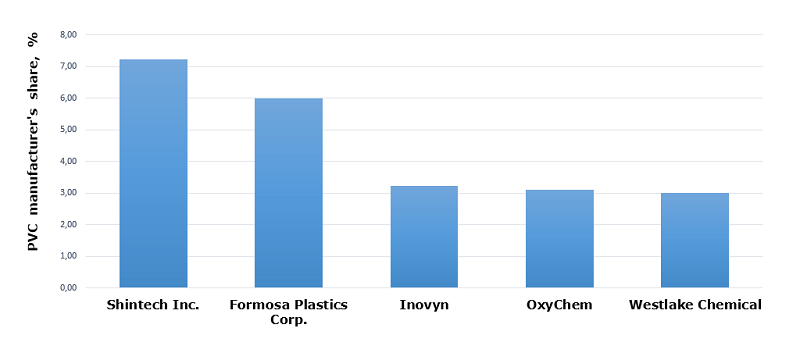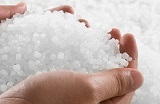Polyvinyl chloride (PVC) acts as a generic name for a group of PVC compounds manufactured by transforming vinyl chlorine monomer (VCM) into PVC resins with the help of additives to easily mold them and optimize their qualities with respect to flexibility, strength, thermal durability and other properties.
To this extent, PVC compounds are highly versatile plastics that are used in numerous industrial and consumer every-day applications in many areas, including construction, healthcare, automotive sector, electrical industry, toys, clothing, footwear, packaging, to name only a few.
As such, the behavior of each of these consuming sectors is instrumental in affecting the PVC market both globally and regionally. For instance, the current US construction market feels quite optimistic, especially buoyed by US President-elect Donald Trump’s allegations to boost investments in infrastructure development and realize economic stimulus plan. This may positively impact the US PVC market. However, positive effects from the rise in PVC-consuming sectors may be balanced off by other factors. If Donald Trump’s protectionist policy and trade restrictions in relation to Mexico are fully realized (he announced the possible re-negotiation of the NAFTA agreement with Mexico, which has already resulted in the dropping of peso), it might be some major US PVC producers that can suffer. Mexico remains one of the largest US trade partners, and the petrochemical and chemical sectors are important arenas of this cooperation. For instance, Mexican PVC producer Mexichem is closely cooperating with U.S.-based Occidental Chemical (OxyChem) to produce VCM, later being supplied to Mexichem’s plants in Latin America.
Polyvinyl Chloride: shares of major PVC manufacturers in the global PVC market, %

More reliable information on the world’s polyvinyl chloride market can be found in the in-demand research report “Polyvinyl Chloride (PVC): 2016 World Market Outlook and Forecast up to 2020”.
